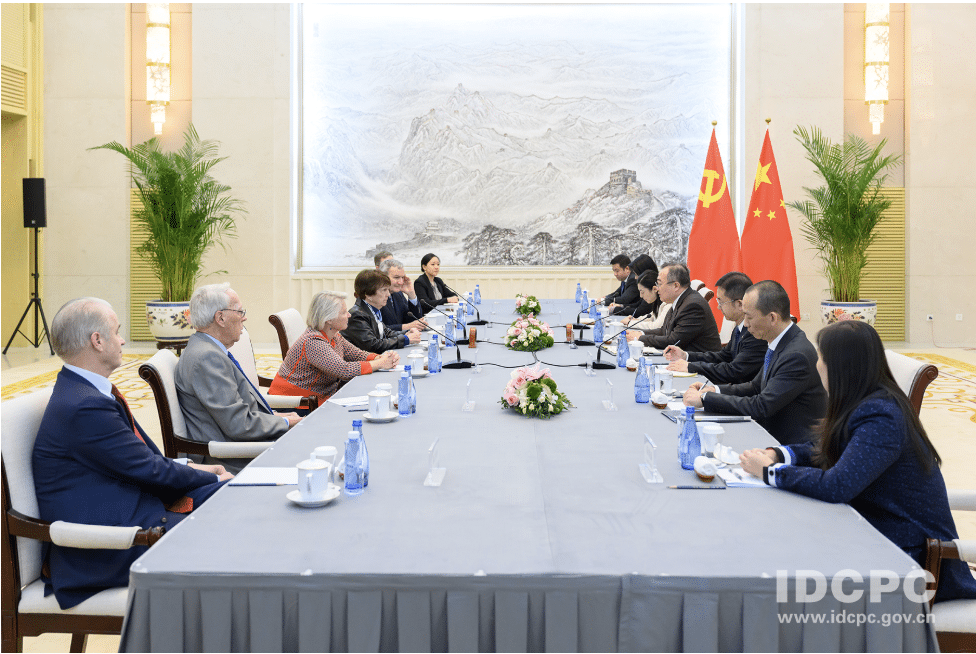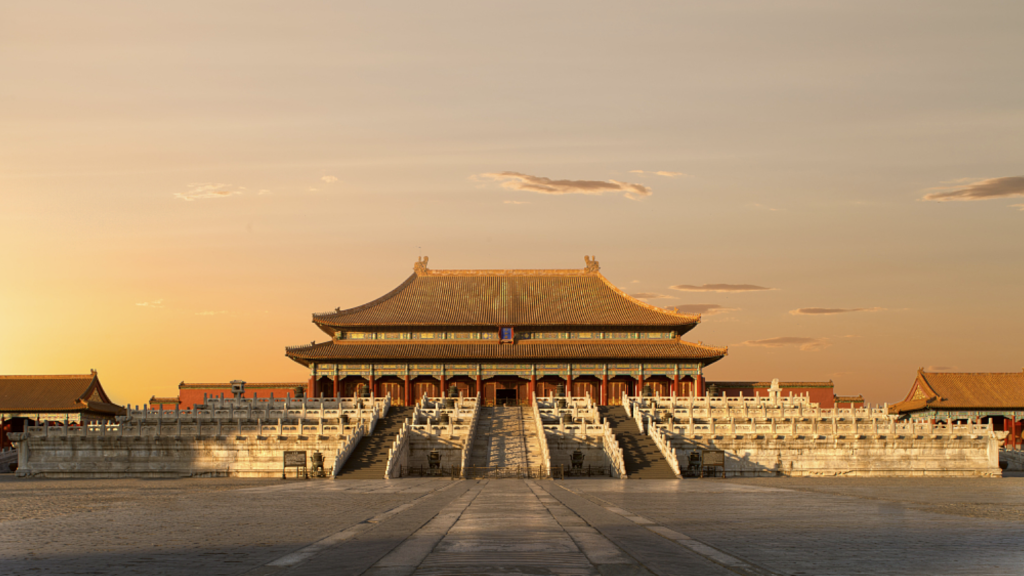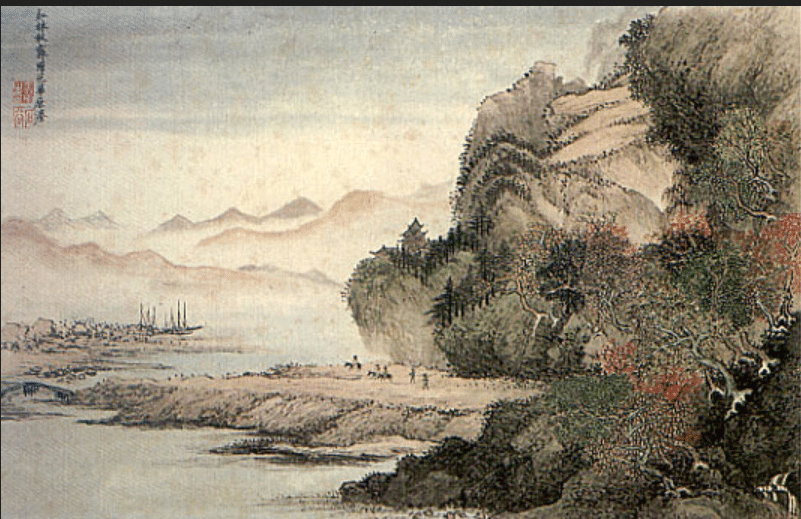Interview with Zhou Wenxing: Cross-Taiwan Strait Relations in the Next Few Years—Is War Inevitable?
Trilateral Balance Threatened by Park’s Impeachment
On Friday December 9th, the South Korean 300-member National Assembly voted 234-56 in favor of the motion to impeach President Park Geun-hye. This decision comes after weeks of unprecedented protests in Seoul, sparked by reports of Park’s wide-ranging misuse of power. South Korea’s Constitutional Court is expected to soon ratify the vote, thus securing her impeachment. The next leader of South Korea will be in a position to redirect the country’s political agenda, with Korean relationships toward the United States and China at the forefront. The implementation of the American-made Terminal High Altitude Aerial Defense [THAAD] system, designed to intercept and destroy incoming ballistic missiles upon radar detection, is a multifaceted issue integral to this trilateral relationship.
If the court supports the impeachment, Park will be formally removed from office, and a presidential election must be held within 60 days to elect a successor for a full five-year term. If fewer than six judges vote in support of the impeachment, Park is immediately reinstated and permitted to complete her five-year term through February 2018. Despite Park appointing six of the nine judges, the court is expected to vote in favor of her impeachment given the severity of the charges. There is strong speculation that United Nations Secretary-General, Ban Ki-moon, will run as a nominee for Park’s conservative Saenuri Party; however, Park’s corruption and pending impeachment will almost guarantee a landslide victory for the main liberal opposition party, the Democratic Party of Korea’s (DPK) frontrunner, Moon Jae-in, in the ensuing election.
South Korean national security is threatened by an increasingly aggressive North Korea. This year alone, North Korea conducted its fifth and most successful nuclear test, and made significant progress on the capabilities of its ballistic missiles. China opposes THAAD due to its ability to intercept radar signals and conduct electronic surveillance in the region, thus inadvertently challenging China’s military strategy in a go-to-war scenario with the United States. In instances of hostile engagement between the U.S. and China, THAAD would detect missiles directed toward critical U.S. air and naval facilities on the islands of Okinawa and Guam, denying China a missile first strike capability against the U.S. The next leader of South Korea must reach a precarious balance in building relationships with the U.S. and China without alienating one, or provoking economic retaliation from the other. While traditionally allied with the United States, in recent years South Korea has placed more reliance on China’s role in mediating North Korea, an unsuccessful endeavor that has produced no tangible outcomes.
Park’s ruling conservative party pursued THAAD in alliance with the United States as a result of recent North Korean nuclear provocation, and China’s inability or unwillingness to reign in Pyongyang. However, plans for THAAD implementation are still an estimated 8-10 months away, and with a likely future ruling Democratic Party, THAAD and stances on international relations with the U.S., China, and North Korea are at risk of being reversed.
As the main liberal opposition party, the DPK disagrees with the Saenuri Party on a number of issues, including their anti-THAAD position. The DPK’s primary concern with THAAD is economical; specifically, that implementation would result in harmful economic repercussions from China, South Korea’s top trading partner. Rejection of THAAD would be viewed in Beijing as a gesture toward improved relations but would leave South Korea vulnerable to North Korea ballistic threats with no guarantee of security backing from China. The DPK believes the best way to decrease tension with North Korea is through improved relations with China, which may be the only country to hold influence over the North’s actions. The DPK argues rejecting THAAD would be the olive branch necessary to have China dissuade Pyongyang’s nuclear efforts.
Moon has not explicitly stated if he would reverse THAAD; however, he argues South Korea requires a more, “balanced diplomacy” with China and the U.S.; THAAD skews that balance in favor of the U.S. In August of this year Moon implied THAAD implementation should be reviewed, tweeting, “The government [South Korean] should make all-out efforts to convince China and prevent a worsened bilateral relationship, even if THAAD becomes real.”
However, one fundamental question that must be asked, “Is China capable of deterring North Korea?” Evidence from the G20 Summit hosted by China earlier this year suggests otherwise. During the Summit, North Korea launched multiple ballistic missiles 600 miles into the Sea of Japan as a display of military prowess. Traditionally, out of respect for its greatest ally and economic lifeline, North Korea would avoid inflammatory behavior that would embarrass China, but despite condemnation from the UN and numerous countries, North Korea expressed no regret, and instead committed to furthering its missile capabilities.
For all the failures of her administration, President Park made tremendous efforts to improve relations with China. Similar to the DPK, Park hoped to foster stronger relations with China through diplomacy. Toward this goal, Park rejected the initial proposal to implement THAAD upon taking office in 2013, despite strong encouragement to accept from the United States. Additionally, Park visited Chinese President Xi Jinping six times while in office, and much to the chagrin of the United States, attended a military parade in Beijing in 2015 alongside Russian President Vladimir Putin. Only after exhausting diplomatic efforts, and with no signs of China attempting to reciprocate these efforts by assuaging North Korean did Park consent to THAAD
If elected, Moon Jae-in and the DPK have an opportunity to guide South Korea in a direction with more political transparency and stronger economic relations with China. However, economic progress should not be at the expense of losing momentum toward greater national security, especially as North Korea improves its nuclear capabilities and China’s declining influence over the North may be a smokescreen that bears no promise. It is in South Korea’s best interest that THAAD be implemented, and remain employed as long as the possibility of an attack from North Korea remains likely. It is in everyone’s best interest that China assumes a larger role in easing North Korea’s aggression and nuclear ambition.
Written by: Paul Vizza, former Army Officer with a degree in International Affairs from American University. Mr. Vizza was stationed at Camp Casey, South Korea from 2014-2015.








